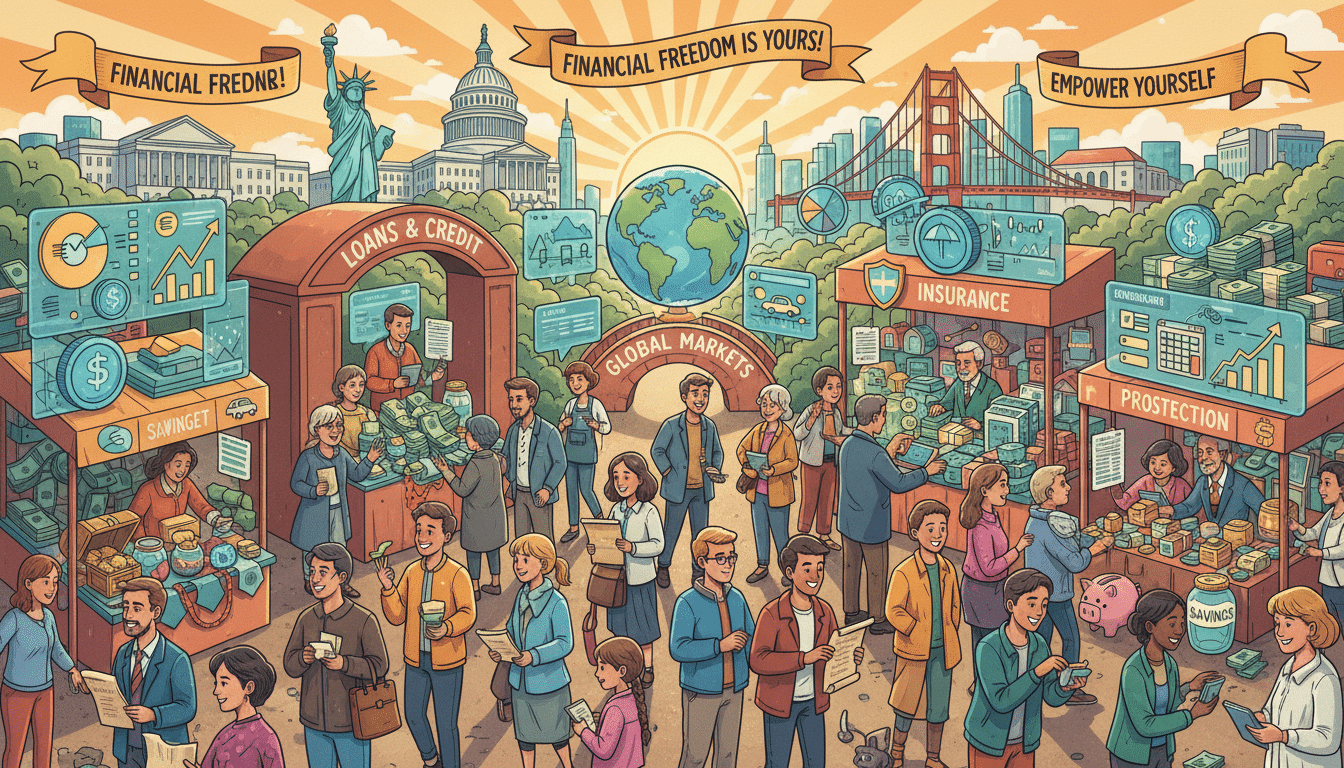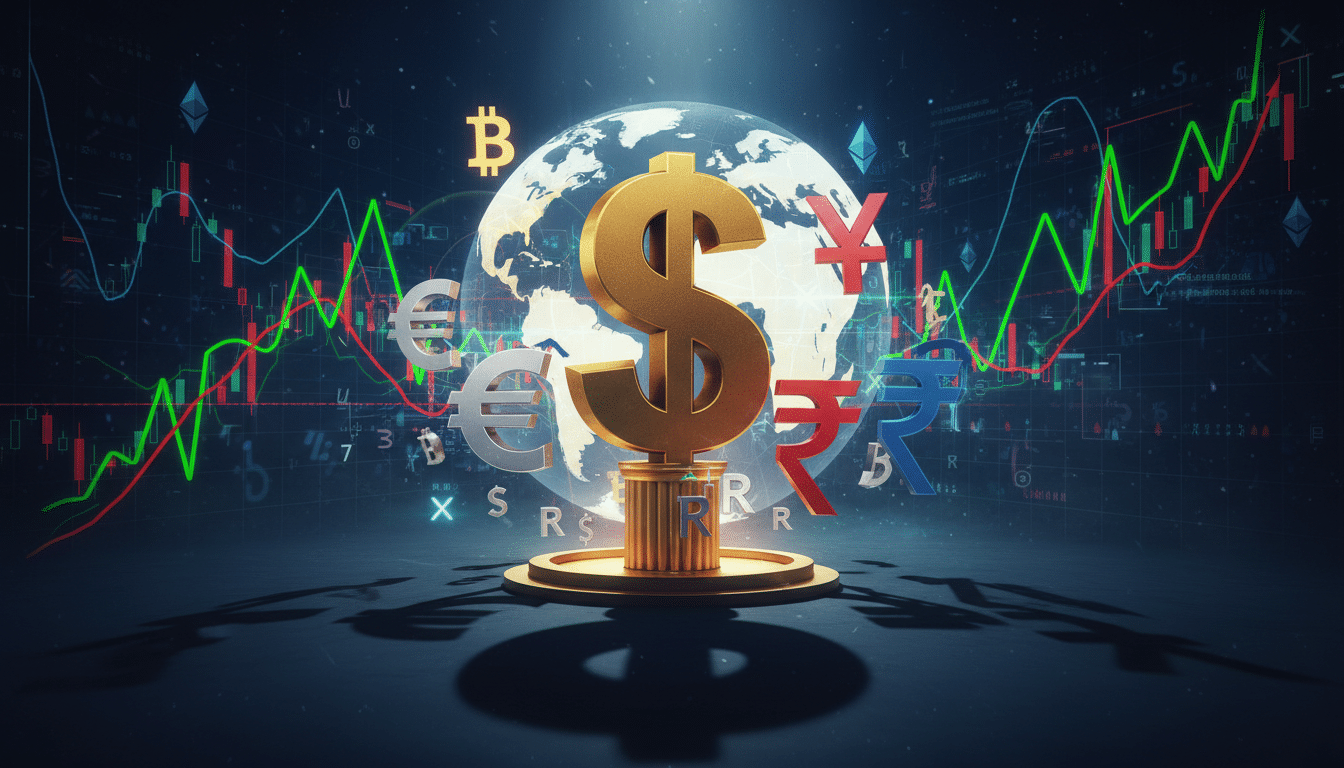Do you want a card for all times?
Inflation is a key part of South Africa’s economy. It describes how the prices of goods and services increase, reducing people’s ability to buy things. Recent events such as the COVID-19 pandemic and global tensions have brought more attention to this issue. The South African Reserve Bank targets an inflation rate of 3% to 6%. This causes concern for many consumers because it affects their debt and standard of living.


Gold Credit Card Standard Bank
In this article, we look at what causes inflation. We also discuss how it affects families and businesses in South Africa.
What Is Inflation?
Inflation refers to the rise in the prices of goods and services in an economy over time. It means that more money is needed to buy the same things. The definition of inflation explains why we monitor price changes.
To measure inflation, economists look at a variety of goods. This “basket” shows how prices change and what effect it has on the economy. Deflation, which occurs when prices fall, is also important for economic stability.
The inflation rate reflects the health of an economy. High inflation reduces purchasing power and negatively affects businesses and investments. Economists and policymakers analyze this data to design policies that limit the effects of inflation.
Causes of Inflation in South Africa
Inflation in South Africa stems from complex and interconnected problems. It’s often linked to both economic and political issues. We explore the major economic causes and how political decisions affect inflation. This gives us a better understanding of why prices rise.
Economic Factors
Certain economic factors worsen inflation in South Africa. Key contributors include:
- Rising production costs make goods and services more expensive.
- High demand for products can push prices up.
- Consumer spending affects the market balance.
Unemployment and a weak economy also play a major role. They lead to increased debt, as people take out loans to survive. These situations can further harm the economy and fuel inflation.
Political Influences
Political decisions are vital in regulating inflation. Poor policies can lead to higher inflation levels. For example, lower interest rates to stimulate growth can put more money into circulation, which may push inflation up.
International Influences on Inflation
Events overseas directly affect inflation in South Africa. For example, the Russian invasion of Ukraine increased global inflation. This shows how international events influence our economy and food prices.
The FAO’s Food Price Index rose sharply, placing pressure on South African households through higher costs. It demonstrates the impact of global issues like geopolitical tension on our markets.
Global inflation also affects our daily lives through higher food prices. It becomes harder for people to afford essential goods. We must therefore examine how world events shape our economic conditions.
The Role of the Reserve Bank
The South African Reserve Bank controls inflation through its well-crafted monetary policy. It monitors inflation to ensure it doesn’t spiral out of control. This helps maintain a stable economy.
If inflation is too high or too low, the bank intervenes by adjusting the repo rate. These actions control the amount of money in circulation and protect our purchasing power. By managing inflation effectively, they promote sound economic outcomes.
The Reserve Bank’s methods include:
- Monetary policy that adjusts to changes in inflation
- Interest rate changes to align supply and demand
- Ongoing analysis of economic data and trends
This enables the Reserve Bank to create a stable economic environment—crucial for sustainable growth and development in South Africa.
Inflation and the Consumer Price Index
The Consumer Price Index (CPI) is critical for analyzing the economy. It tracks price changes over time to identify inflation trends. It reflects the cost of goods frequently purchased by consumers and helps monitor a country’s economy.
What Is the Consumer Price Index?
The CPI measures how the prices of certain goods and services change—ranging from food to transport. It reveals the cost of living and provides essential data for making decisions about inflation’s impact on spending.
How the CPI Measures Inflation
The CPI compares price changes in a basket of goods to determine inflation. An increase in the CPI indicates a higher cost of living—often linked to inflation. It is essential for consumers and policymakers to understand the impact on budgets.
Impacts of Inflation on Households
Inflation has a major impact on households. As inflation rises, people’s purchasing power declines. This means families can buy less with the same amount of money.
For this reason, consumers must reconsider their expenses, which affects their lifestyle and well-being.
- Household debt increases as people struggle to stay afloat.
- More money is spent on essential goods, reducing savings.
- Consumption is limited, reducing demand for goods and services.
Vulnerable households feel the pressure the most. They struggle to adapt to higher prices, making them financially insecure and affecting their long-term well-being.
Inflation’s Effect on Businesses
During high inflation, businesses may need to raise prices to cover higher production costs. This situation influences how they set prices.
Price Increases and Demand Shifts
Rising prices can lead consumers to buy less. People may avoid luxury items, reducing demand and impacting sales.
- High inflation strains consumers’ finances.
- Businesses must reconsider their market strategies.
- Lower demand may lead to job losses and reduced production.
To stay afloat, businesses must manage their finances wisely and adapt to these economic challenges.
Inflation and Household Debt
Inflation increases the cost of living in South Africa. It pressures households to take on more debt just to cover daily expenses.
When both prices and interest rates rise, it becomes even harder for households to cope. Those with high debt struggle to repay it, and life becomes more expensive. This can severely damage financial security.
Managing and Controlling Inflation
Inflation control in South Africa involves a coordinated strategy. The South African Reserve Bank (SARB) plays a key role by adjusting interest rates to stabilize the economy.
SARB monitors the economy and applies different strategies, including:
- Adjusting interest rates to align supply and demand
- Focusing on inflation and applying appropriate policies
- Collaborating with financial institutions to ensure economic stability
To reduce the impact of inflation, SARB policies must adapt to economic changes. This is essential for economic growth and long-term stability.
Conclusion
Inflation has a major impact on South Africa and its people. It calls for a thoughtful and urgent response. During times of high inflation, it is vital that everyone understands the need for a holistic approach to maintaining economic stability.
We see that inflation does more than just raise prices—it affects the overall economic well-being of families and businesses. That’s why we must work toward a healthy economic environment where innovators and consumers are not overwhelmed. This will ensure a sustainable future without the heavy burden of inflation.
South Africa must strive for an effective strategy built through collaboration. Such a strategy must not only be practical but also positively influence the economy. Although we face a major challenge, by working together we can reduce the impact of inflation.
FAQ
What is the meaning of inflation?
Inflation is when the prices of goods and services rise over time. It means you need more money to buy the same things. It reflects how economies grow or shrink.
How is inflation measured?
We measure inflation using the Consumer Price Index (CPI). It tracks how the prices of specific goods change over time, revealing inflation trends.
What influences inflation rates in South Africa?
Various factors influence South Africa’s inflation, including production costs, supply and demand, and politics. Major events like the pandemic and global conflicts also have an effect.
What is the role of the South African Reserve Bank in controlling inflation?
The South African Reserve Bank (SARB) works to control inflation by adjusting interest rates. This helps maintain economic stability.
How does inflation affect consumers’ purchasing power?
With higher inflation, consumers can afford less. They can buy fewer goods with the same amount of money, increasing financial pressure—especially on those already struggling.
What effect does inflation have on businesses?
During inflation, businesses often raise prices to cover rising costs. This can reduce demand, as consumers spend less.
What can be done to manage inflation?
The SARB uses policies like interest rate adjustments to manage inflation. Strategic planning is needed to maintain purchasing power and ensure economic growth.
Conteúdo criado com auxílio de Inteligência Artificial


